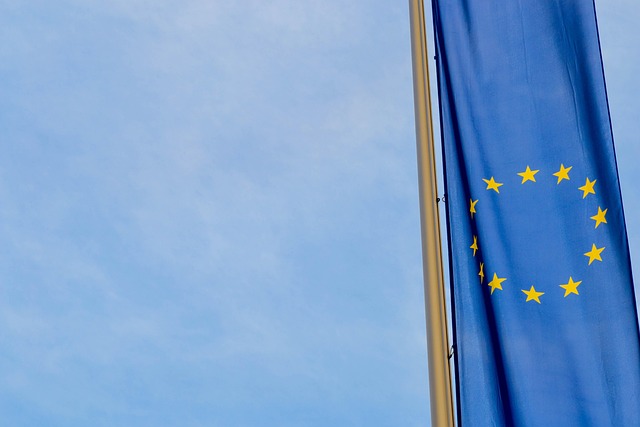
Inclusive Foundations: How the European Union Champions Equality in Economics
When we think about fairness, about everyone getting a chance to thrive regardless of where they start, it touches a core part of our shared humanity. It’s about building a society where opportunity isn’t a lottery win, but a fundamental right. In the European Union, this aspiration towards equality is not just an ideal; it’s woven into the very fabric of its existence, particularly in the complex and vital sphere of economics.
Foundational Principles Shaping the Economy
At its heart, the European Union is built on a set of foundational principles – human dignity, freedom, democracy, equality, the rule of law, and respect for human rights. These aren’t just abstract ideals; they are the bedrock upon which economic policies and structures are designed. The commitment to equality means actively working to ensure that economic integration and growth benefit everyone, not just a select few. This translates into policies aimed at reducing disparities between member states, ensuring fair competition, and protecting workers’ rights across the union. The single market, while primarily an economic engine, is underpinned by directives ensuring non-discrimination and equal treatment, aiming to create a level playing field where talent and effort, not origin or background, determine success.
Driving Economic Equality Through Policy
The EU’s economic agenda is inextricably linked to its equality agenda. Through various funds and initiatives, the EU invests heavily in regions needing development support (cohesion policy), aims to combat unemployment, particularly among vulnerable groups, and promotes social inclusion. Legislation on equal pay for equal work, anti-discrimination in employment, and standards for working conditions are direct results of the principle of equality being applied to the economy. The goal is to create an economic environment where access to jobs, education, and resources is as equitable as possible, fostering a sense of shared prosperity and opportunity across diverse populations and territories within the Union.
A Framework for Collective Action
While not a single philanthropic entity itself, the EU’s foundational commitment to equality provides a crucial framework and impetus for collective action towards economic fairness. Its structural funds and investment programmes often function as large-scale public ‘foundations’, investing in projects that build infrastructure, support small businesses, improve education and training, and provide social safety nets – all essential components of an inclusive economy. Furthermore, the legal and policy environment established by the EU encourages and works alongside the efforts of foundations, non-governmental organisations, and social enterprises dedicated to tackling economic inequality. By setting standards and directing resources towards social and economic inclusion, the EU creates an ecosystem where the pursuit of equal opportunity in economics is a shared responsibility, driving both public policy and supporting vital work happening on the ground.



